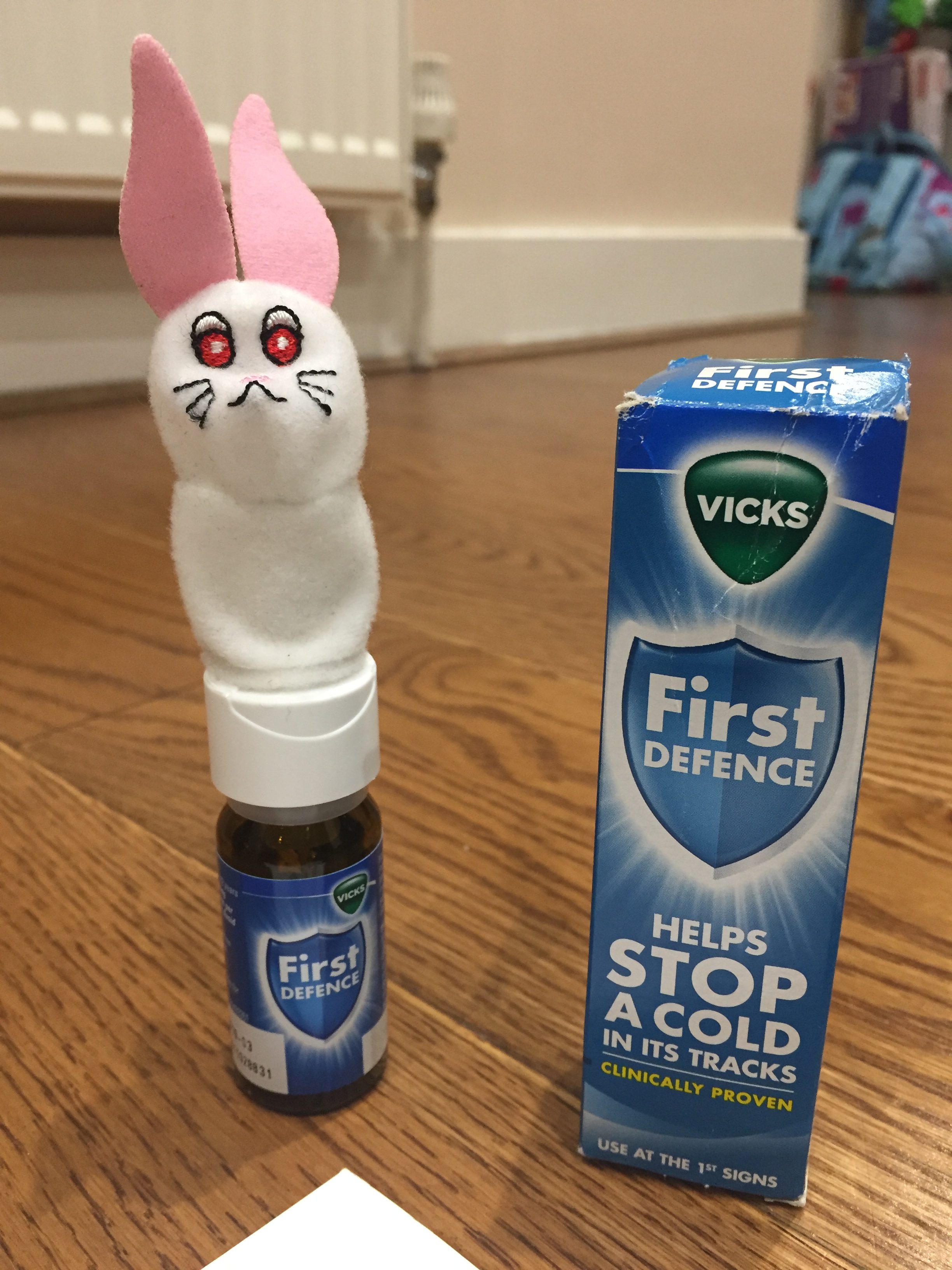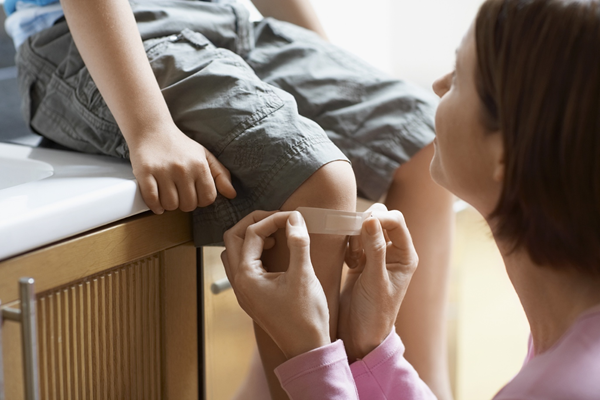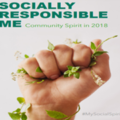It’s new to me as well. I never know about it before. So, I am joining the team to help raise awareness about it.
 1st Annual CMV ACTION Awareness Month • June 2014
1st Annual CMV ACTION Awareness Month • June 2014
Congenital Cytomegalavirus (CMV) is the most common birth disorder in the UK, causing a devastating range of physical, sensory and cognitive disabilities. Around 900 children will be born in the UK every year with permanent disabilities as a result of the virus.
CMV is a virus which affects most people during their lifetime (50-80% of the population in the UK carry it), yet few people have ever heard of it. Symptoms can be mistaken for a cold and healthy adults will often not realise they’ve contracted it. The virus was discovered in the 50s by the same team of doctors who discovered polio, measles, mumps and chicken pox – yet CMV continues to spread without warnings, vaccination or treatment.
 Up to 25% of young children have had a CMV infection, which means they are at risk of passing it on to pregnant women in their bodily fluids. This means that pregnant women who have young children or work with young children should be particularly careful about hygiene.
Up to 25% of young children have had a CMV infection, which means they are at risk of passing it on to pregnant women in their bodily fluids. This means that pregnant women who have young children or work with young children should be particularly careful about hygiene.

 Up to 25% of young children have had a CMV infection, which means they are at risk of passing it on to pregnant women in their bodily fluids. This means that pregnant women who have young children or work with young children should be particularly careful about hygiene.
Up to 25% of young children have had a CMV infection, which means they are at risk of passing it on to pregnant women in their bodily fluids. This means that pregnant women who have young children or work with young children should be particularly careful about hygiene.
KEY FACTS:
• CMV is more common than Down’s syndrome, Toxoplasmosis, Spina Bifida and Cystic Fibrosis
• 1 in 150 newborn babies are born with CMV, though many will not have symptoms
• 1 in 1000 babies in the UK will suffer a severe disability having contracted CMV in utero
• 1/3 of the babies who appear healthy at birth go on to develop permanent disabilities over time
• CMV can be a cause of miscarriage and stillbirth
• CMV problems include hearing loss, autism, physical and motor impairment, learning difficulties and visual impairment.
CMV is a “stealth virus” which works by evading the immune system, so developing a vaccine isn’t easy. However, international experts and government representatives are now positive it can be done. Once you catch it, you have it in your body for life, but it doesn’t protect you from catching a different strain of the virus. The virus is spread through saliva, nasal discharge, and other bodily fluids, yet with awareness and simple precautions, a pregnant woman can greatly reduce the risk to herself and her unborn child.
SIMPLE WAYS TO REDUCE RISK:
• Wash hands with soap & water after changing nappies, clearing up food or wiping a child’s face
• Avoid sharing dummies, cutlery, drinks or food with anyone
• Avoid kissing babies & young children directly on the mouth or near nose/cheek – give hugs or kiss on forehead
• Wash any items that have been contaminated by bodily fluids with soap and water
• Use condoms during sexual intercourse after conception
CMV ACTION is staffed by volunteers – the majority of whom have CMV children. Their aim is to educate women in the UK about the virus and, more importantly, the very simple steps that can be taken to prevent this devastating virus.
CMV ACTION WEBSITE: www.cmvaction.org.uk
CMV ACTION TWITTER: https://twitter.com/cmvactionuk
CMV ACTION FACEBOOK: https://www.facebook.com/CMVAction
STOP CMV hand campaign http://www.stopcmv.org/hands_campaign
Let’s tweet this on Social Media and help raise awareness and save life.
Related articles



































